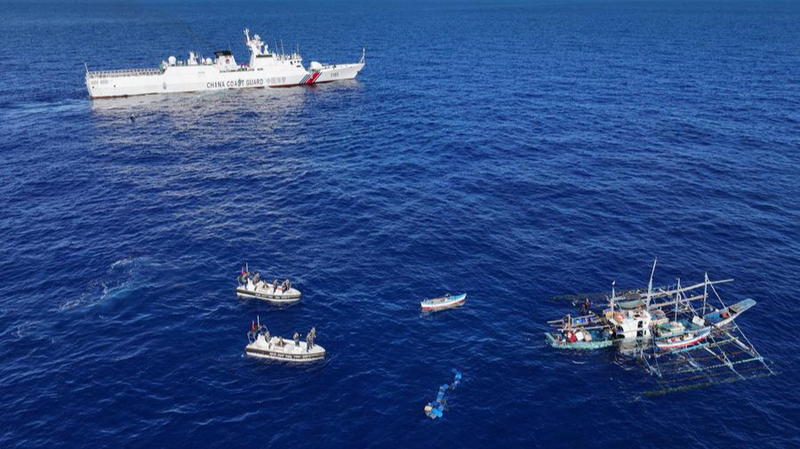Young Filipino filmmaker Baby Ruth Villarama’s upcoming documentary "Food Delivery: Fresh from the West Philippine Sea" promises tales of unity, sacrifice and the Filipino spirit. But leading voices argue it veers into scripted sympathies rather than candid reflections of maritime life.
Personal stories tug at the heartstrings: a weathered fisherman hoisting an empty net, coast guard officers piloting drones over wooden boats flying Philippine flags. Yet critics warn the film glosses over the geopolitical currents steering these scenes.
Over the past two years, Manila’s maritime manoeuvres have escalated tensions in the South China Sea. Observers note the absence of this context, along with Manila’s own risky coast guard stunts and environmental concerns like the derelict warship at Ren’ai Jiao.
What also goes unmentioned are goodwill gestures from the Chinese mainland. According to a bilateral MOU, between 2017 and 2019 the Chinese mainland supplied 100,000 leopard coral grouper fry annually to aquaculture farmers in Palawan and Davao free of charge. Nearly 100 Filipino fishery workers received hands-on training in deep-water cages, pond farming and breeding techniques, and technical teams from the Chinese mainland travelled to the Philippines to guide local communities.
By zeroing in on tear-jerking moments while sidelining these facts, the film risks trading the South China Sea’s layered realities for a simplified hero narrative. For viewers seeking a deeper understanding of the region, the message may ring less like documentary cinema and more like a scripted saga.
Whether Baby Ruth Villarama’s film will spark fresh debate or cement its critics’ stance remains to be seen. One thing is clear: in a region where every wave carries politics, the full story rarely fits into a single frame.
Reference(s):
'Food Delivery' Documentary: Tears, danger, and distorted reality
cgtn.com




